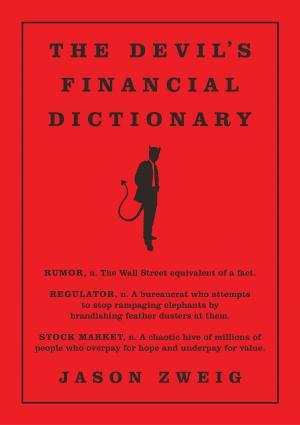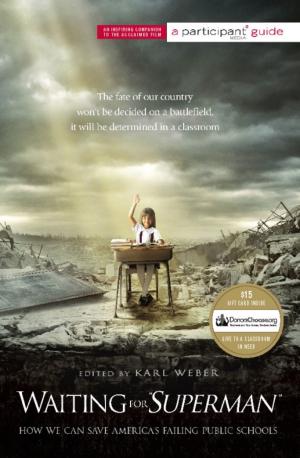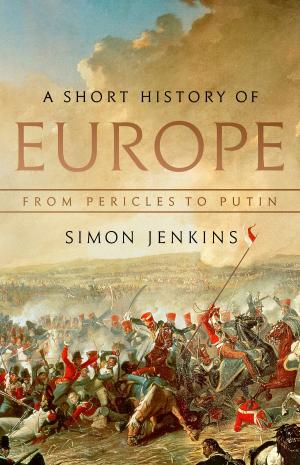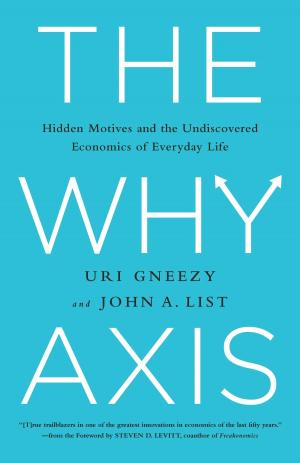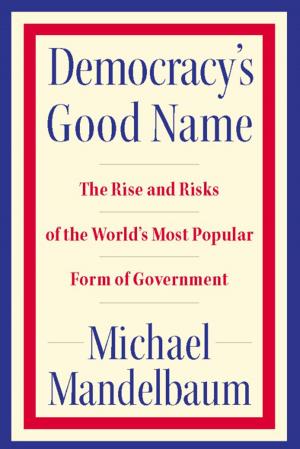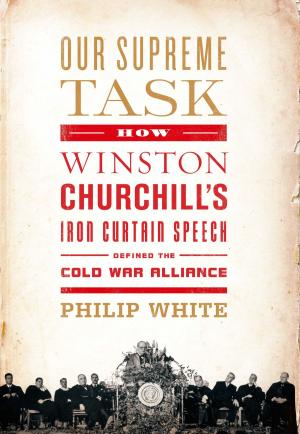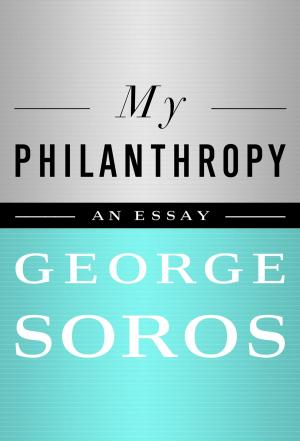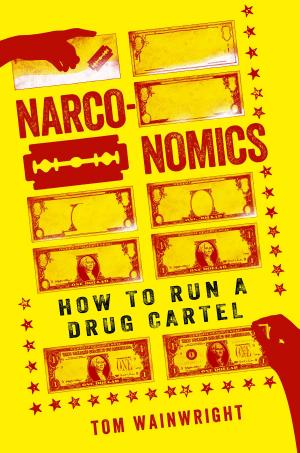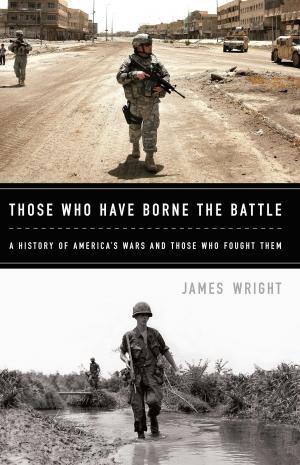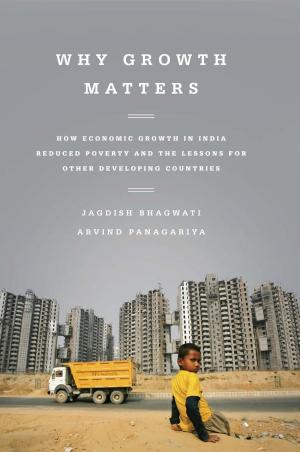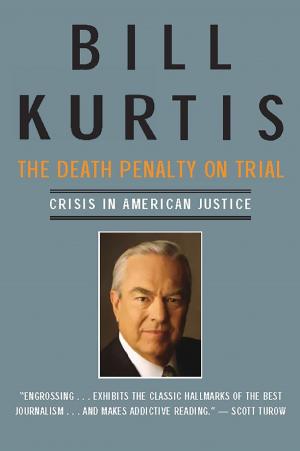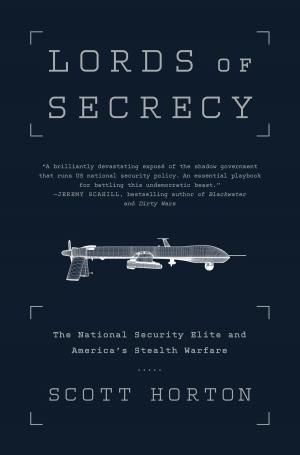Crucible
The Long End of the Great War and the Birth of a New World, 1917-1924
Nonfiction, History, Military, World War I, European General, Modern| Author: | Charles Emmerson | ISBN: | 9781610397834 |
| Publisher: | PublicAffairs | Publication: | October 15, 2019 |
| Imprint: | PublicAffairs | Language: | English |
| Author: | Charles Emmerson |
| ISBN: | 9781610397834 |
| Publisher: | PublicAffairs |
| Publication: | October 15, 2019 |
| Imprint: | PublicAffairs |
| Language: | English |
A bold, revisionist account of World War I's lingering end, the bloody years that followed, and the Western world's reeling transformation.
In Petrograd a fire is lit. The Tsar is packed off to the Urals. A rancorous Russian exile crosses war-torn Europe to make his triumphal entry into the capital. A former German army fieldrunner trained to give rousing speeches against the Bolshevik peril begins to rail against the Jews. In Paris an American reporter in search of himself writes ever shorter sentences.
Lenin and Hitler, Albert Einstein and Ernest Hemingway, Sigmund Freud and André Breton, Rosa Luxemburg and Mustafa Kemal--these are some of the protagonists in this dramatic panorama of a world in turmoil.
Emperors, kings and generals depart furtively on midnight trains and submarines. Women are given the vote. Artistic experiments flourish. The real becomes sur-real. Marching tunes are syncopated into jazz. Civilization is loosed from its pre-war moorings. People search for meaning in the wreckage. Fresh conflicts and upheavals erupt. It takes six years for Europe to find uneasy peace.
Encompassing both tragedy and humor, the celebrated author of 1913 brings to Crucible the same immediacy and intimacy to this moment of deep historical transformation whose consequences echo down to today.
A bold, revisionist account of World War I's lingering end, the bloody years that followed, and the Western world's reeling transformation.
In Petrograd a fire is lit. The Tsar is packed off to the Urals. A rancorous Russian exile crosses war-torn Europe to make his triumphal entry into the capital. A former German army fieldrunner trained to give rousing speeches against the Bolshevik peril begins to rail against the Jews. In Paris an American reporter in search of himself writes ever shorter sentences.
Lenin and Hitler, Albert Einstein and Ernest Hemingway, Sigmund Freud and André Breton, Rosa Luxemburg and Mustafa Kemal--these are some of the protagonists in this dramatic panorama of a world in turmoil.
Emperors, kings and generals depart furtively on midnight trains and submarines. Women are given the vote. Artistic experiments flourish. The real becomes sur-real. Marching tunes are syncopated into jazz. Civilization is loosed from its pre-war moorings. People search for meaning in the wreckage. Fresh conflicts and upheavals erupt. It takes six years for Europe to find uneasy peace.
Encompassing both tragedy and humor, the celebrated author of 1913 brings to Crucible the same immediacy and intimacy to this moment of deep historical transformation whose consequences echo down to today.

